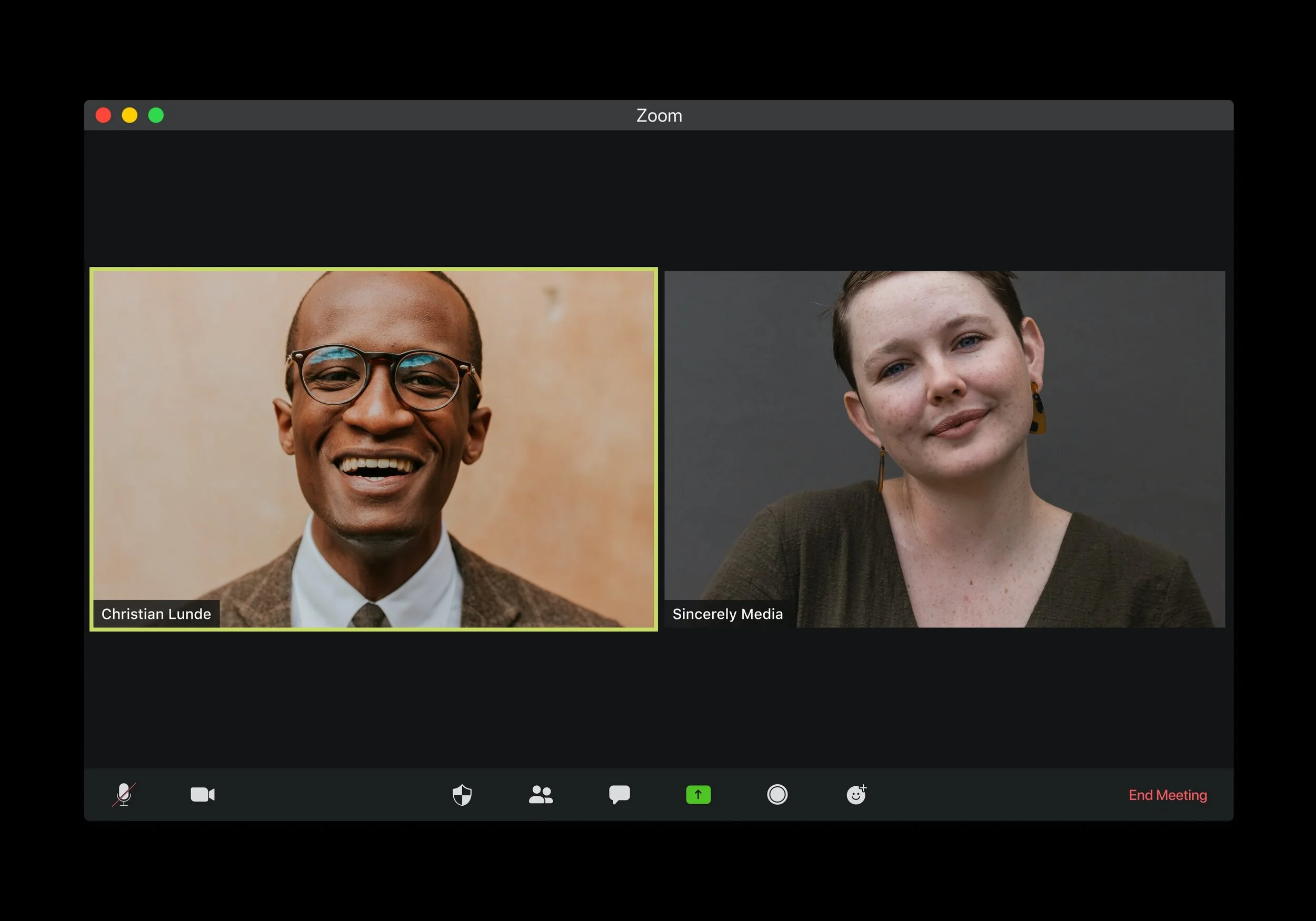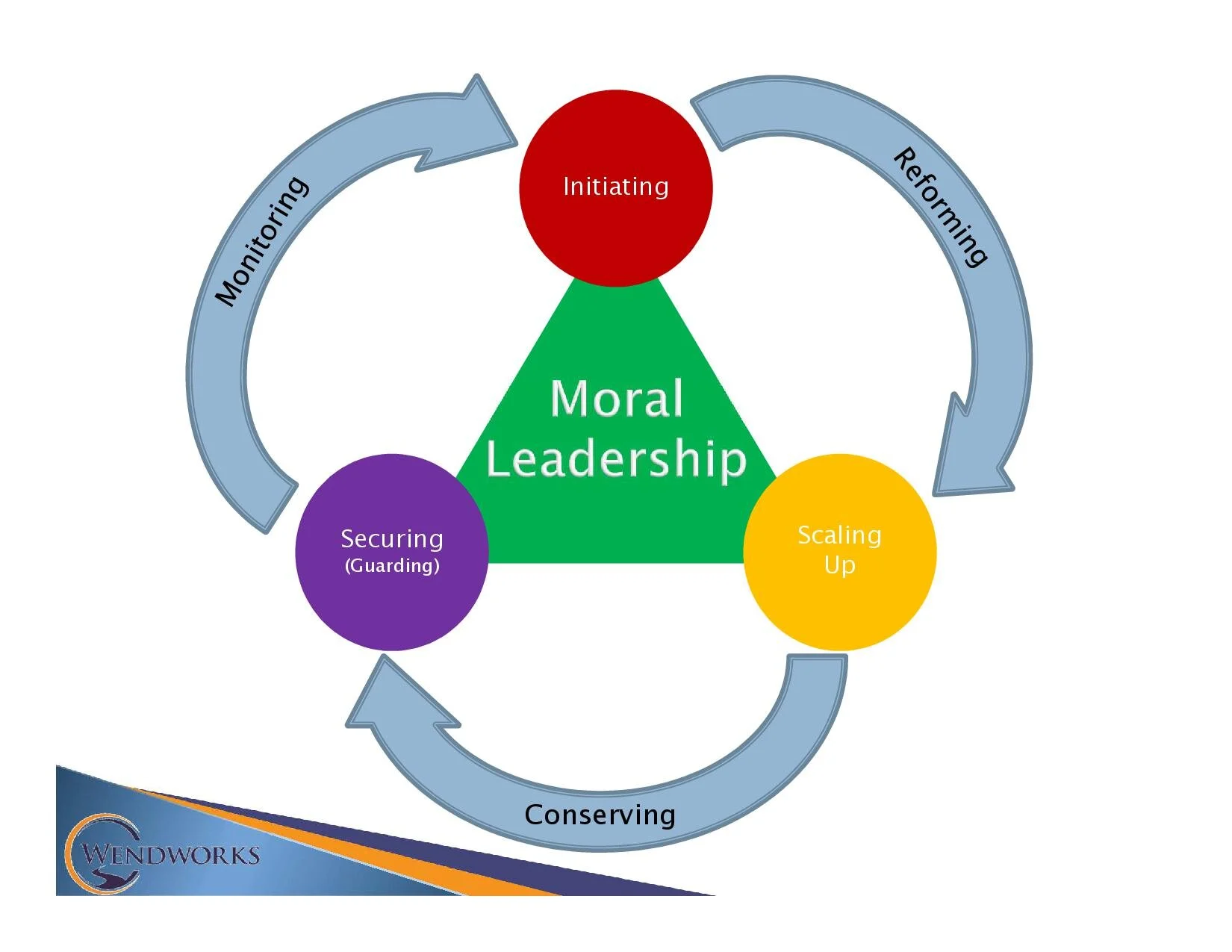Moral Leadership in the Digital Age
Daily life has gone digital for nearly 50% of employees in the US. While digital workflows and work-from-home policies have allowed businesses to survive and even thrive in challenging times, settling into the new digital frontier has not been easy. In fact, as recently as April, 7 in 10 employers report that they are struggling to adapt to remote work according to data from the Society for Human Resource Management. There is little doubt that the internet, nearly ubiquitous computer networks, and digital technologies are directly responsible for tremendous economic growth, especially in developed economies. However, the digital revolution has not been universally welcomed. Pew research data from 2015 shows that a significant number of digital critics across the world believe that the internet has a negative impact on education (18%), personal relationships (25%), the economy (19%), politics (30%), and especially morality (42%).
It is rhetorically tempting to dismiss such concerns as overblown. After all, social commentators have been decrying the loss of respect, patience, and moral fortitude in the public sphere for more than 6,000 years. In fact, inscriptions can be found in ancient Egyptian tombs sounding the alarm against moral decay. Rather than dismissing moral concerns as old-fashioned, perhaps we should explore why humanity has a timeless fascination with it? There is wisdom to be gained from the 42% of the population that sees a connection between the digital revolution and our moral systems. The “right thing to do” is not always apparent, especially as so many leaders find themselves making difficult choices about the survival of their firms. Moral leadership is valuable and critical for establishing how to be in right relationship with each other and our work amidst rapidly changing circumstances.
Morality in the workplace is an emergent process in which the leaders and members of a community come together to interpret, organize, prioritize, and validate multiple behavior frameworks and social norms that apply at the team, department, organization, and even industry level. These “interlocking sets of values, virtues, norms, practices, identities, institutions, technologies, and evolved psychological mechanisms… work together to suppress or regulate selfishness and make social life possible” (Haidt, 2008, p. 70). For business leaders, the social aspect of workplace morality is of particular concern as it becomes an expression of the firm’s culture and shapes the way in which decisions are discussed and carried out.
Framing is “an act of communication… which foregrounds certain preferred interpretations while at the same time backgrounding others” (Solinger, Jansen, and Cornelissen, 2020, p. 508). The range of choices available to leaders and acceptable courses of action for a given situation will vary widely based on the organization’s dominant moral framework. Issues “framed as a matter of care or harm,” will look and feel very different from those understood as issues of “fairness or cheating, loyalty or betrayal, liberty or oppression, or as an economic, legal, or technical matter” (Solinger, Jansen, and Cornelissen, 2020, p. 508). Each moral framework will place different demands and constraints on the decision-maker and will inform how the decision is received by employees. Morality is the lens through which your leadership decisions will be judged, accepted, or rejected by your people. Moral leadership is the process by which that lens is shaped.
Moral Leadership
Moral leadership is a process of “initiating, scaling up, and securing a moral reframing of issues” (Solinger, Janson, and Cornelissen, 2020, p. 510). As an emergent phenomenon moral leadership can come from the bottom up or the top down. As both front line employees and top executives communicate their decision-making, the language and practices that resonate with others in the firm gain traction, spread to others, and create the firm’s unique moral system. Moral leadership is at once a micro and macro-level phenomenon that challenges leaders to become aware of institutional contradictions or shortfalls and have the courage to rectify them. It demands active guardianship of your core values and careful selection of the “war stories” that show the firm at its best through examples of what it means to do the right thing, for the right reasons, even when it is not easy.
Technology has dramatically increased the speed of communication and the reach of our personal and professional networks. It has flattened organizations in ways that give employees at every level of your company access to other employees. It dramatically increases the opportunity for new ways of framing issues to be voiced and to gain traction with others in the firm. Leaders need look no further than the Black Lives Matter movement to see the connection between technology and moral leadership. Once framed as a moral issue, technology enabled #BlackLivesMatter to spread rapidly and gain traction with a progressively larger audience. It has reframed the national conversation in ways that have affected the decision-making of countless leaders and policy makers around the country and the globe.
Moral leadership is even more important today than it was 6,000 years ago. Technology has increased exposure to new ideas, modes of thought, and provided a platform for moral framing to gain traction. It has made organizations both nimbler and more susceptible to outside influence than ever before. It has also put more tools in the hands of organizational leaders to listen to their people and shape the culture of their firm to reflect their core values at scale. Moral leadership is hard. Outside perspective and knowledgeable guidance can help.
Let’s get to work!
References:
Brynjolfsson et al. (2020) COVID-19 and Remote Work: an Early Look at US Data, MIT
Byron (2009), Ephebiphobia: fear of young people, The Guardian
Haidt (2008), Morality. Perspectives on Psychological Science
Hutzler (2020), More than 7 in 10 Employers Are Struggling to Adapt to Remote Work, Newsweek
Macauley (2020), Values-Based Leadership. Wendworks company blog
Maqbool (2020), Black Lives Matter: From Social Media Post to Global Movement, BBC News


